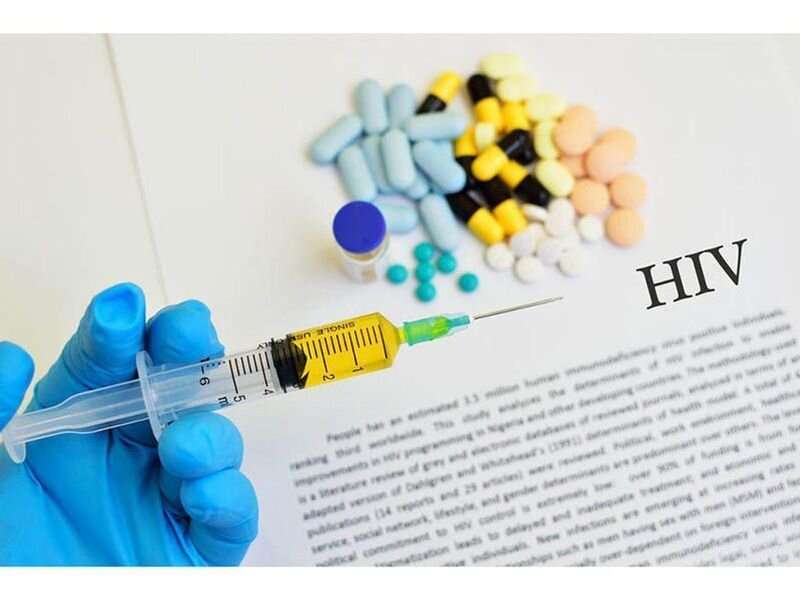Long-acting cabotegravir not necessarily cost-effective for PrEP

(HealthDay)—For men who have sex with men and transgender women (MSM/TGW) at very high risk for HIV (VHR), the benefits of long-acting injectable cabotegravir (CAB-LA) in terms of life expectancy do not necessarily justify a large price difference compared with generic oral emtricitabine-tenofovir disoproxil fumarate (F/TDF), according to a study published online Feb. 1 in the Annals of Internal Medicine.
Anne M. Neilan, M.D., M.P.H., from Massachusetts General Hospital in Boston, and colleagues identified the maximum price premium that society would be willing to accept for the additional benefits of CAB-LA over tenofovir-based preexposure prophylaxis (PrEP) among MSM/TGW. The target population was 476,700 MSM/TGW at VHR.
The researchers found that among those at VHR, CAB-LA increased life expectancy by 28,000 (or 26,000) quality-adjusted life years (QALYs) compared with F/TDF (or branded emtricitabine-tenofovir alafenamide [F/TAF]). Compared with no PrEP, branded F/TAF cost more per QALY gained than generic F/TDF. An incremental cost-effectiveness ratio (ICER) of at most $100,000 per QALY could be achieved with CAB-LA compared with generic F/TDF, at a maximum price premium of $3,700 per year over generic F/TDF. In sensitivity analyses, CAB-LA could achieve an ICER of at most $100,000 per QALY versus generic F/TDF in a PrEP-eligible population at high risk for HIV, rather than VHR, at a maximum price premium of $1,100 per year over generic F/TDF.
Source: Read Full Article
